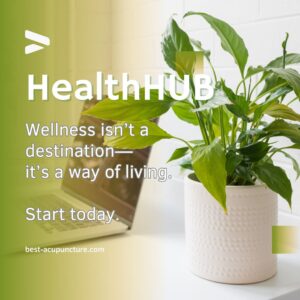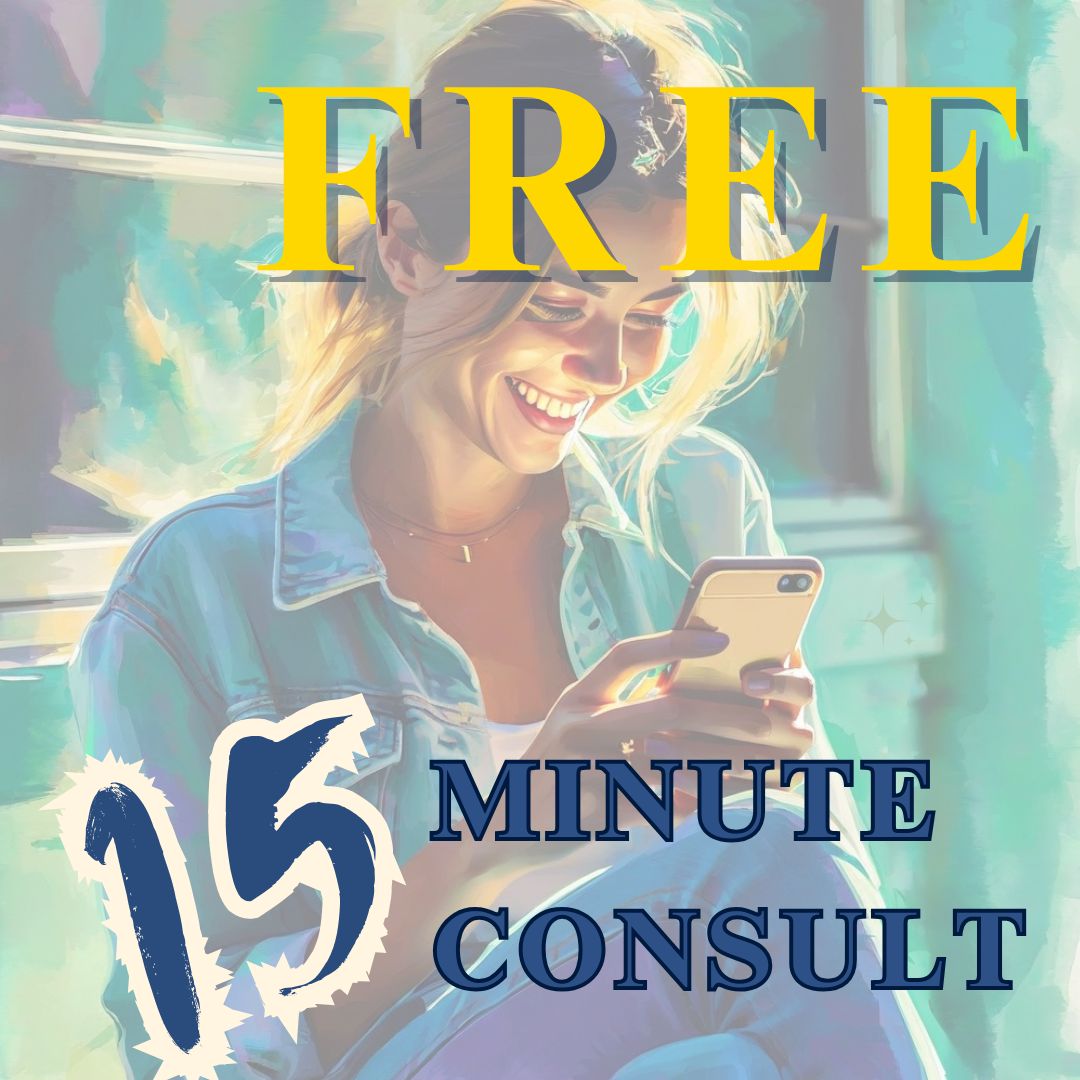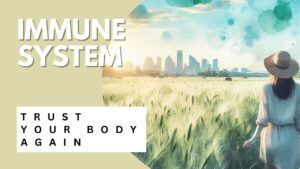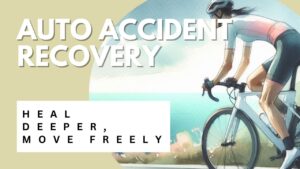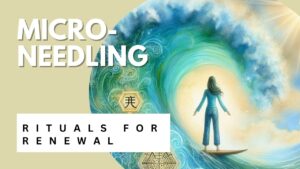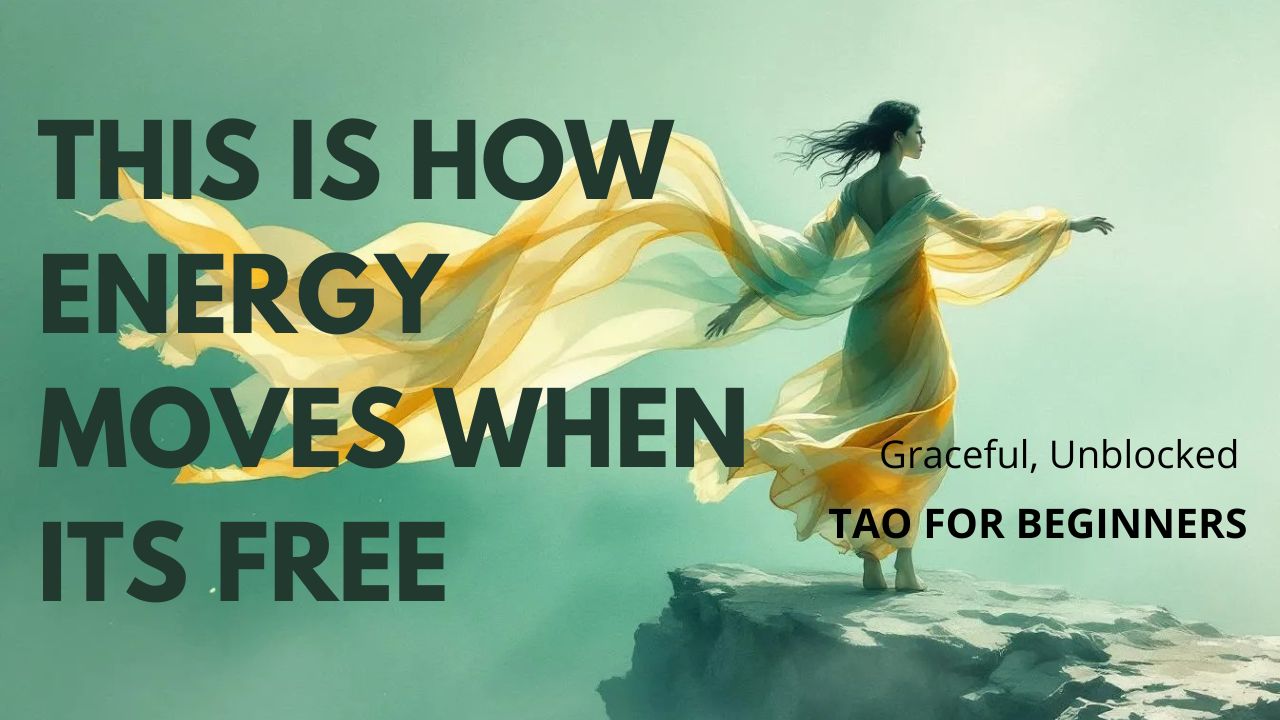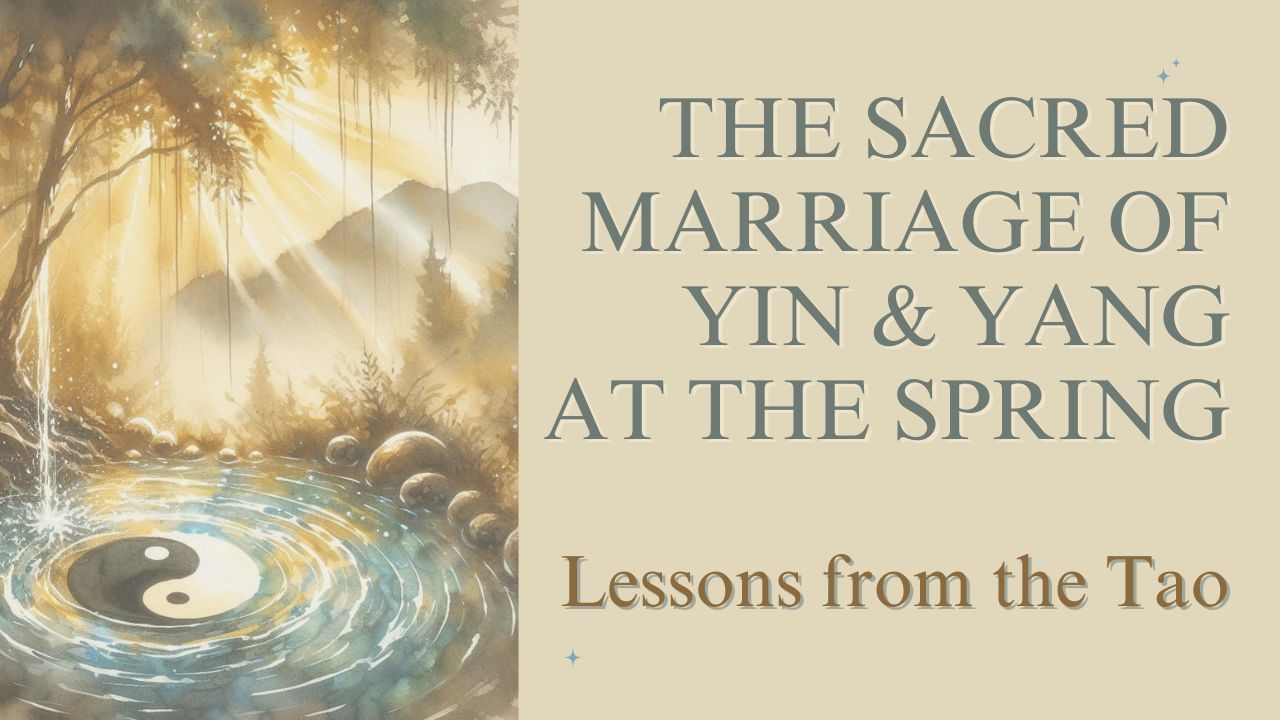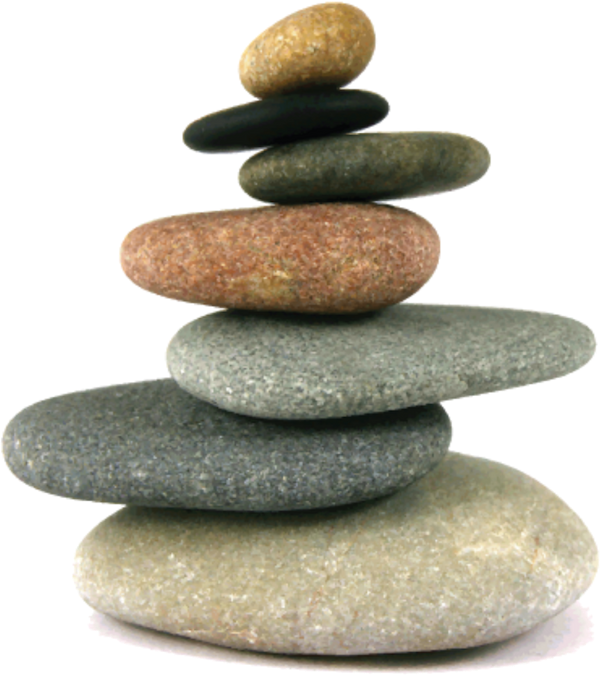
Welcome to Best Acupuncture
Tired of quick fixes that don’t last? At Best Acupuncture, we help you reconnect with your body’s natural wisdom—using time-tested Taoist medicine that actually works. No gimmicks, just real healing.
Taoism Isn’t What You Think (And How It Can Help You—No Beliefs Required)
 Have you ever wondered what Taoism is? Honestly, I’ve asked myself that question more times than I can count. And the more I learn, the more I realize—it’s not what most people think.
Have you ever wondered what Taoism is? Honestly, I’ve asked myself that question more times than I can count. And the more I learn, the more I realize—it’s not what most people think.Here’s something you may not know. Unlike religion, Taoism doesn’t ask you to believe in a god. Instead, it asks you to observe how life naturally flows—and how your body, mind, and spirit respond to it. It’s the ancient science of an ancient world.
If you swapped the phrase “Western science” with “Taoism,” you’d start to get the picture. Think of Taoism like physics—it studies life’s ‘laws of motion,’ not a deity. Just as gravity exists whether you believe in it or not, Taoist principles simply describe how nature flows.
Why Taoist Wisdom Feels So Different—And So Familiar
Let me explain. Western science excels at precision; Taoist science excels at context.
Western science tends to be linear. It thrives on categorizing things—breaking them into parts and analyzing them separately. It’s what gave rise to specialties like cardiology, neurology, psychiatry, and so on. This approach is logical, rational, and incredibly useful.
Ancient Taoist science sees health as a dance between your body, emotions, and environment. Like traditional ecology today, Taoist science observed patterns over centuries rather than clinical trials. It sees the world as interconnected, fluid, and multi-dimensional, which creates a 3D puzzle. This whole-systems view explains why Taoist medicine takes such a different approach. To understand one system, Taoism considers how it interacts with the whole.
And this difference shows up clearly in medicine.
A Medicine That Sees the Whole You
In Western medicine, the body is divided into different body parts—each with its field of study, like gynecology, gastroenterology, cardiology, and psychiatry. In the ancient world, the “branches” were skillsets, each with its art and science, treating the whole body like Qi Gong, Herbs, Acupuncture, Tuina, and Food.
In the West, medicine requires a deep dive into chemistry and biology. In ancient Asia, these sciences were fundamental, along with a deep understanding of astronomy, psychology, evolution, agronomy, and meteorology. Why? Because this is the unique perspective Taoist science brings to medicine, health doesn’t happen in a vacuum. Taoist medicine offers a time-tested perspective missing in modern life: that health includes your environment. It doesn’t replace Western care—it enhances it.
When Health Includes the Seasons, Weather, and You
By integrating earth sciences, Taoist medicine recognizes that human health is shaped by our entire environment—our relationship with the seasons, our social groups, the food we grow and eat, the weather patterns that surround us, and even the emotional climate of our daily lives. Illness, in this view, isn’t a single organ or system. It’s a disruption in how your health responds to seasons, relationships, and lifestyle
Western medicine gives us life-saving precision; Taoist medicine helps us understand the rhythms behind the symptoms.
That’s why Taoism doesn’t treat the stomach as separate from the heart, or the heart as separate from your mood. The body is one ecosystem within many, and everything is connected. And Taoism isn’t about ‘energy work’ in a mystical sense—it’s about observing how your body responds to nature’s rhythms, like how stress tightens your shoulders or sunshine lifts your mood.
This Isn’t Just Treatment—It’s a Reset
 When you walk into a clinic grounded in Taoism, you’re stepping into a space shaped by centuries of study, not just of symptoms, but of seasons, landscapes, emotions, and natural cycles. You’re working with someone who has trained in herbs, acupuncture, breathwork, movement, how different foods affect your energy levels, and the body’s natural rhythms—like how sunlight regulates sleep or food affects mood. You’re not just receiving treatment. You’re entering a space designed to restore clarity, balance, and connection—both within your body and in your life.
When you walk into a clinic grounded in Taoism, you’re stepping into a space shaped by centuries of study, not just of symptoms, but of seasons, landscapes, emotions, and natural cycles. You’re working with someone who has trained in herbs, acupuncture, breathwork, movement, how different foods affect your energy levels, and the body’s natural rhythms—like how sunlight regulates sleep or food affects mood. You’re not just receiving treatment. You’re entering a space designed to restore clarity, balance, and connection—both within your body and in your life.And maybe most importantly, you’re meeting someone who’s using this medicine not just to help others, but to live more peacefully and consciously themselves.
Try a Little Taoism: No Rituals, Just a Breath
That grounded, calm feeling you sense when you walk in the door of a clinic grounded in Taoism?
That’s not accidental. It’s the medicine in motion.
And it might be precisely what you’ve been looking for.
FYI, you don’t have to ‘convert’ to Taoism to benefit from its wisdom, just like you don’t need to be Italian to enjoy pasta. Try this Taoist-inspired practice: Pause 3 times today to notice your breath. No rituals, no apps—just tune in. How does your body feel?
Want to learn more? Click here.
Subscribe to our Blog
Keep up to date with our latest tips for your well-being and life balance.
About Kim Blaufuss
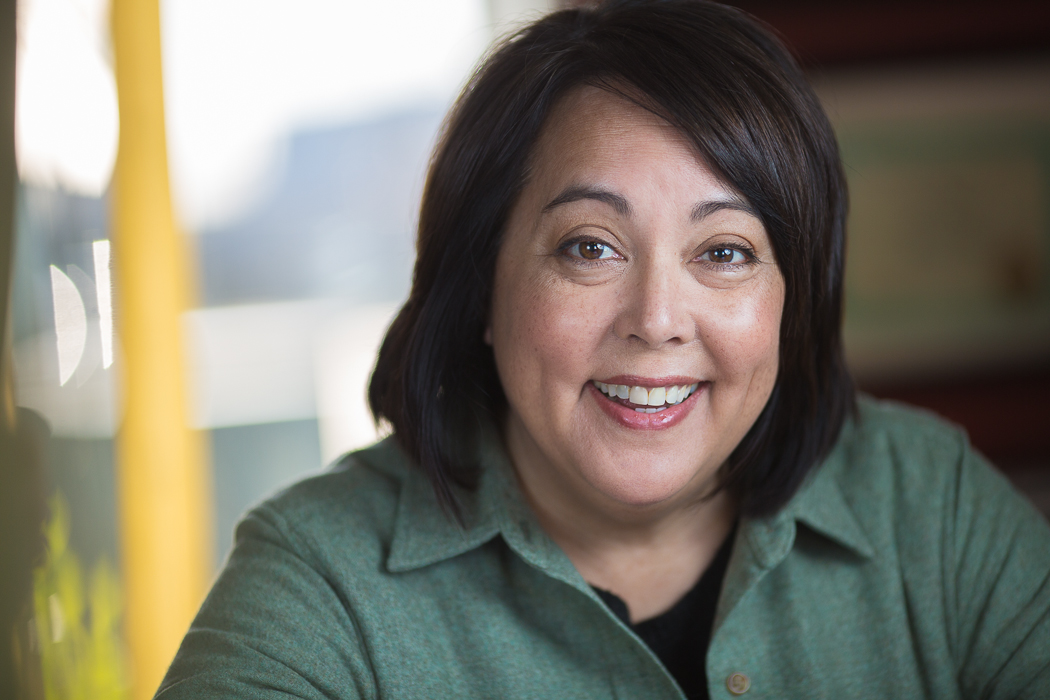
When I started my career, I had a very narrow idea of what was involved in Chinese Medicine. Later, I discovered that I had the wrong concept of health. My understanding of health was based on my Western background. In Classical Chinese Medical thought, health is something totally different.
Services
From our blog
Video of the Week
Remember to subscribe to our YouTube channel and hit the notification bell. We upload new videos every week.


